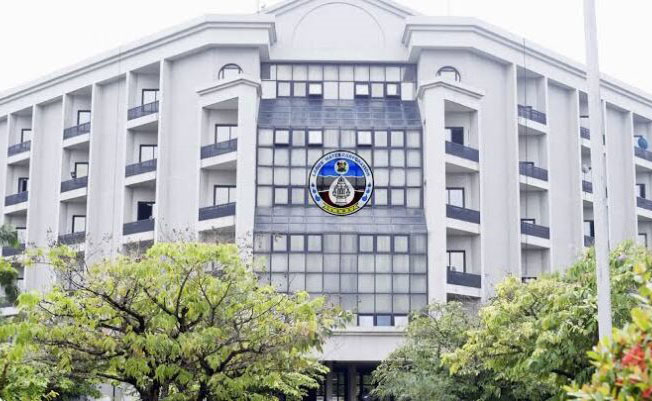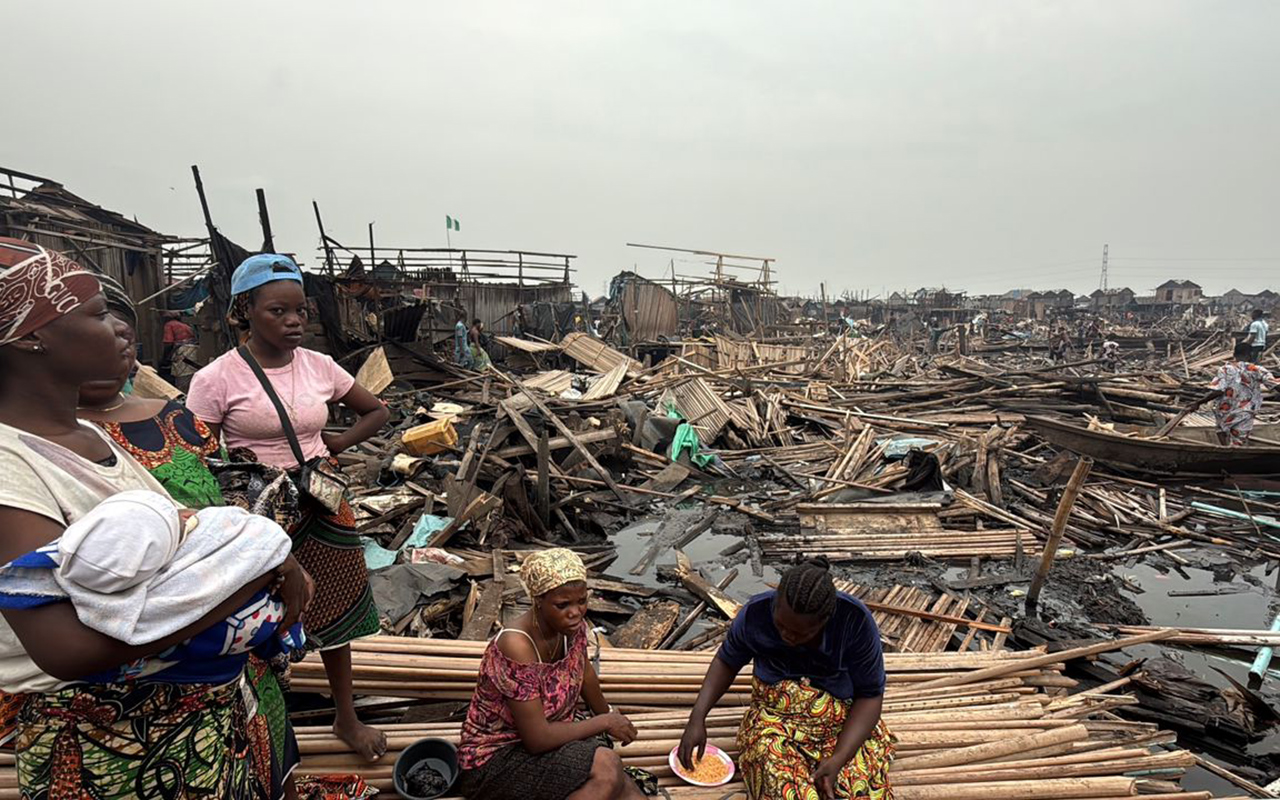
A report released today, March 20, 2025, has blamed corruption and deliberate underfunding by state governments for the perilous state of water infrastructure across Nigeria.
The report, titled “Dry Taps: A Damning Verdict on the State of Water Utilities in Nigeria,” was launched by a coalition of six civil society organisations comprising Renevlyn Development Initiative (RDI), Socio-Economic Research and Development Centre (SERDEC), the Amalgamated Union of Public Corporations, Civil Service Technical and Recreational Service Employees (AUPCTRE), Citizens Free Service Forum (CFSF), Environmental Defenders Network (EDEN), and New Life Community Care Initiative (NELCCI).
The report’s findings, based on research in six states—Kogi, Oyo, Lagos, Enugu, Edo, and Kano—paint a grim picture of Nigeria’s water sector.
In the public presentation of the report, AUPCTRE General Secretary, Comrade Sikiru Waheed, explained that though the scope of the research is limited to only six out of Nigeria’s 36 states, it deliberately captures the situation in at least one state per geographical zone, making it a sneak peek into the overall picture of access to water in the entire federation.
The research revealed that most major waterworks in these states are functioning below capacity, while mini and micro waterworks are either shut down, neglected, or vandalised.
According to the report, the Ikpoba River Dam in Edo State, which once produced over 90 million gallons of water per day, has been abandoned.
Similar scenarios were reported in other states, with low morale among workers in public utilities due to a lack of funding.
The report’s authors are calling for a state of emergency in the water sector, increased public participation in planning, and a probe into billions of naira in loans for water schemes.
They also demand strengthened public accountability in managing water resources.
As Nigeria prepares to commemorate World Water Day 2025, this report serves as a stark reminder of the country’s pressing water crisis.
With millions of Nigerians relying on unwholesome sources of water, the need for urgent action to address this crisis cannot be overstated.






